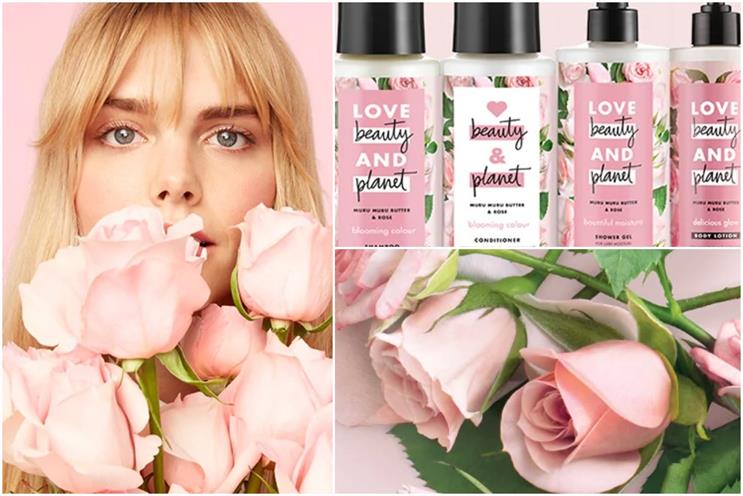Raise your hand if you can’t wait for the onslaught of ads this holiday season imploring you to join your favourite soaps, sodas and sundries on their mission to reunite humanity and restore peace, love and understanding to the planet.
And raise your other hand if you can write the copy yourself in your head right now, because aren’t we “all connected” to “what matters most” when we realise that “we are stronger together”?
As 2020 comes crashing – at long last – to an end, it leaves most brands panicked with uncertainty about how (and who) to be in a moment like this. And when brands scramble, their expressions are predictably inauthentic, pandering or grossly opportunistic.
It doesn’t have to be that way.
For brands that have lost their sense of purpose (or never had one), now’s one helluva time to be trying to figure it out. But is there a choice? In a world where brands are suddenly expected to have an opinion about everything from gun safety to LGBT+ rights, immigration to universal healthcare, where is there to hide?
Compassionate action
Our racial reckoning is intensifying, the climate crisis is spiralling, economic uncertainty persists and the pandemic, while unrelenting, has begun to show signs of hope in the form of a vaccine. And yet, 10 months into the dystopia, there’s still no shortage of brands settling for good old-fashioned virtue signalling… and little else.
It’s what do brands do now – for their customers, employees, partners and communities – that matters more than what they say, if they say anything at all.
In March, my agency, Known, deployed our team of PhD data scientists, researchers and scientists to conduct what is now the largest ongoing study of the pandemic’s impact on our lives.
The study, , shows that brands now have the most meaningful opportunity in decades to both say and show their commitment to their values through “compassionate action”.
For brands that were born with purpose from the start, whose belief systems inform and inspire all the ways they operate in business, this is the moment they’ve been waiting for. They’re not just living their purpose; they’re creating a new economy in their image.
A prime example is (pictured, top), the upstart Unilever beauty brand that launched three years ago with a clear and compelling commitment: “Whatever we do must be good for beauty and good for the planet. If it's not, it's out.”
For legacy brands struggling to find true north, Love Beauty and Planet’s recently released sustainability impact offers a clear, direct articulation of the brand’s goals and an open, honest self-assessment of their progress towards achieving them.
As I’ve got to know Sonika Malhotra, Love Beauty and Planet’s co-founder and global brand director (and after co-leading a session with her at last week’s ), I’ve become convinced that traditional legacy businesses can learn a great deal from their purpose-born competitors.
Think small
Many brands have a tendency to make grandiose, sweeping statements around purpose. This can read as virtue signalling and customers easily sniff it out. Love Beauty and Planet’s campaign engaged customers in a conversation around the collective impact that individuals’ daily choices can have, building community and brand awareness.
Don’t try to 'win' on purpose
You can’t out-purpose the competition. Authentic purpose, the kind that resonates with consumers, involves throwing open your doors and inviting competitors to join. Take Burger King France’s recent “Order from McDonald’s” campaign, which brilliantly urges consumers to support restaurant workers ahead of a new wave of Covid-19 lockdowns, even if it means buying a Big Mac. Similarly, Love Beauty and Planet open-sources valuable insights on Earth-friendly practices and techniques with competitors – a sure sign it means what it says.
Show your imperfections
Love Beauty and Planet makes the choice to be forthright about areas where it has yet to fully live up to its ideals. The business openly acknowledges that certain packaging materials used in its home-care line are not yet made from recycled materials, for example, and that changing this will take longer than expected. This transparent approach turns a shortcoming into an asset by instilling trust. As Malhotra told me: “We know our consumers value honesty over perfection.”
Go beyond the CMO
Your workforce is indeed a force. That’s why marketers must partner HR leads to attract, retain and empower teams who understand your company’s values and are committed to living up to them. Product development, manufacturing, packaging and supply chain are all ripe with opportunities for innovation, and purpose should be part of those conversations.
Partner up
Remarkably, Love Beauty and Planet has committed to contributing $40 per ton of carbon emitted to its carbon tax fund. Some of this money goes to individuals and organisations actively working to reduce emissions or otherwise improve the health of the planet (and its inhabitants). These include established groups such as the US National Association for the Advancement of Colored People, a partner on climate-justice initiatives, and emerging young change-makers armed with “boat-rocking, planet-inspired ideas”.
Against the backdrop of small, imperfect, authentic actions like these, the soaring “come together” messages we can write in our heads are bound to backfire.
The Human Condition 2020, our study of the dramatic shifts under way in US experiences and perceptions, shows that while the pandemic and racial and social justice movements are impacting people in wildly divergent ways, finding and acting with purpose is the red thread for nearly all. One-third of Americans are floundering, rethinking their purpose in life, while another third is energised by the challenges of the moment, describing themselves as “overflowing with purpose”.
If brands don’t deliver the products these consumers want, in a way that aligns with their newly refocused sense of purpose, they’re out. No matter how long they’ve been around.
Ross Martin is president of Known


